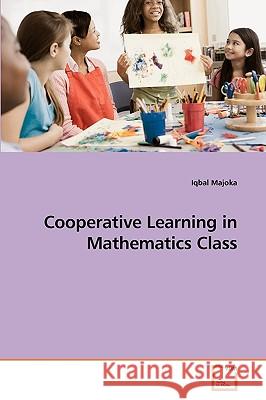Cooperative Learning in Mathematics Class » książka
Cooperative Learning in Mathematics Class
ISBN-13: 9783639254341 / Angielski / Miękka / 2010 / 116 str.
This book is an improved form of Ph.D. dissertation. It presents empirical evidence about the effectiveness of cooperative learning in Mathematics classroom. This manuscript highlights the cooperative learning as an effective teaching learning strategy that is deeply rooted in behavioral, social, cognitive and constructivist theories of learning. It also explains the basic elements of cooperative learning, different methods of cooperative learning, benefits of cooperative learning, and why cooperative learning should be used in mathematics classroom and what the research finding in this regard. The main focus of the experiment described in this book is STAD (Student Team Achievement Division) which is the simplest method of cooperative learning. It is so easy that even new practitioners can understand and use it without any difficulty. This small book provides a pedagogic base for new practitioners in instruction as well as in the field of research.
This book is an improved form of Ph.D. dissertation. It presents empirical evidence about the effectiveness of cooperative learning in Mathematics classroom. This manuscript highlights the cooperative learning as an effective teaching learning strategy that is deeply rooted in behavioral, social, cognitive and constructivist theories of learning. It also explains the basic elements of cooperative learning, different methods of cooperative learning, benefits of cooperative learning, and why cooperative learning should be used in mathematics classroom and what the research finding in this regard. The main focus of the experiment described in this book is STAD (Student Team Achievement Division) which is the simplest method of cooperative learning. It is so easy that even new practitioners can understand and use it without any difficulty. This small book provides a pedagogic base for new practitioners in instruction as well as in the field of research.











